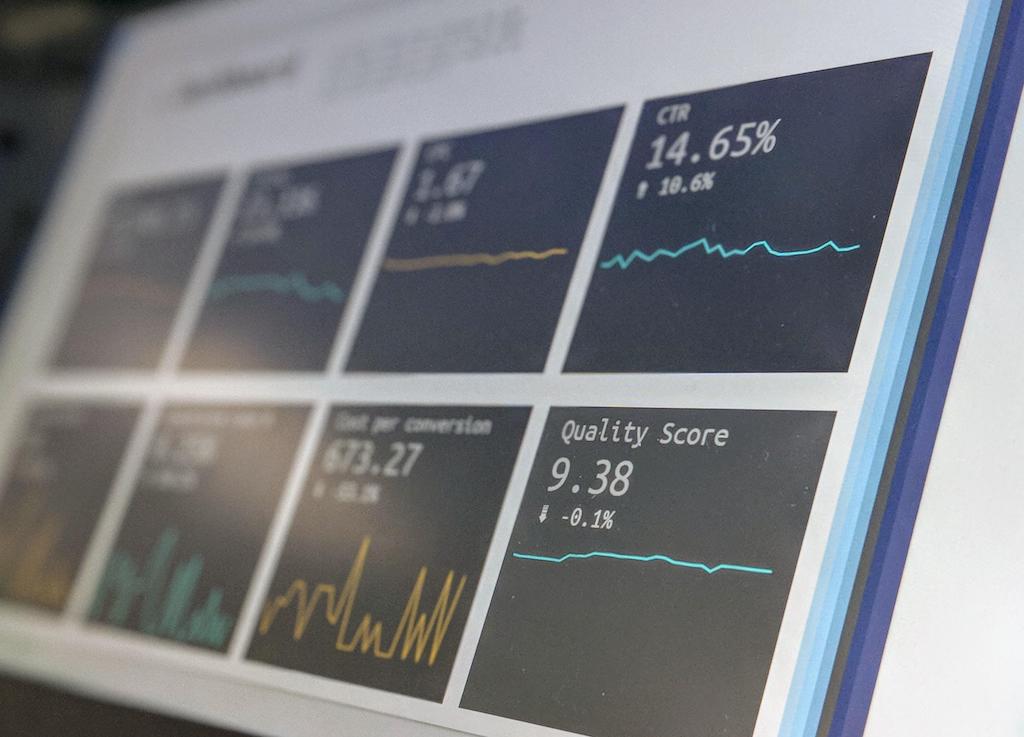
There is no doubt that data collection and use is a vital matter for any business in the modern, digital world. Getting this area wrong leaves you at risk of falling behind your rivals by making poor, uninformed decisions.
The good news is that adding the right staff to your team will make this a lot easier. By choosing experts in the relevant data fields you can look after your data so that it provides a huge amount of value to your company.
An SQL Expert
SQL stands for Structured Query Language. It has been around for a long time but it is still regarded as being far and away the best way to manage local databases in just about any industry.
While it is a type of programming language, it is easy enough to pick up that a lot of businesses send existing staff on SQL course London, rather than hiring an existing database expert. If you have a large company with a huge amount of data then you might consider hiring someone specifically to carry out this role, though.
This person can then be put in charge of maintaining the company’s databases. Crucially, they will be able to pull back very specific data when required, just by running fairly simple queries. This means that you can get hold of the exact data you need almost instantly.
A Data Scientist
A lot of people get confused between the data scientist and data analyst roles. They may sound the same but there are some important differences between them that you should understand.
If we start with the data scientist role, this is about creating new processes for data modelling. This person will use algorithms and predictive models to extract some sort of meaning from the data that they handle.
Basically, they analyse data in order to provide insights that the business can act upon. This is a fairly specialised role that requires them to use a variety of tools and techniques. This team member needs a mixture of skills such as computer science and maths, as well as a solid understanding of the business world.
A Data Analyst
The work of a data analyst is all about looking at data in order to identify trends. They will then present the results in a visual form, such as charts and presentations. The idea is that their work allows the company leaders to make better, more informed decisions.
You could say that this person takes raw data and turns it into something in everyday language that anyone can understand. This is a vital role that requires a lot of attention to detail. The work of a data analyst can be done using any of the different types of data that a company has.
This team member will typically have a strong background in maths or statistics. It is certainly something that a numbers-oriented worker with strong attention to detail can be trained in, although many businesses prefer to bring in an experienced data analyst from outside.
By putting the right workers in the right roles you stand a far better chance of using your data wisely. You can then concentrate on putting the information that they provide to good use in a way that gives your business a brighter future.







